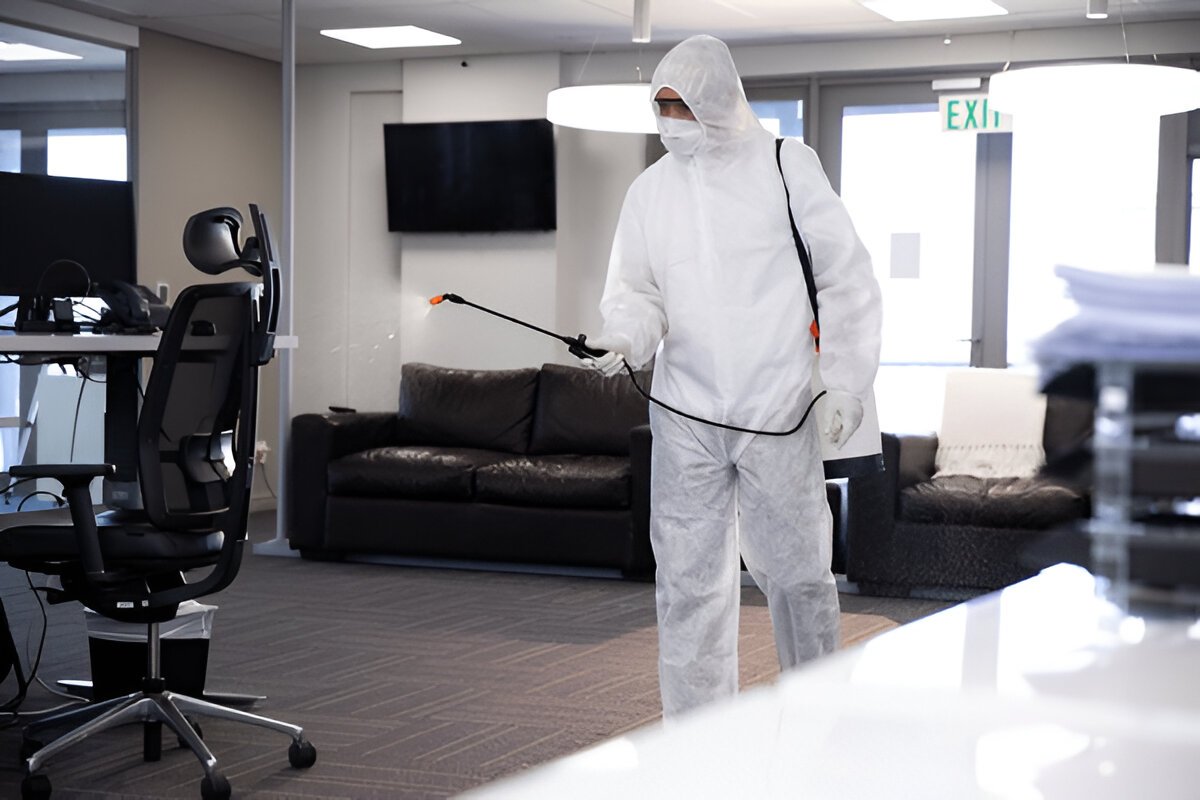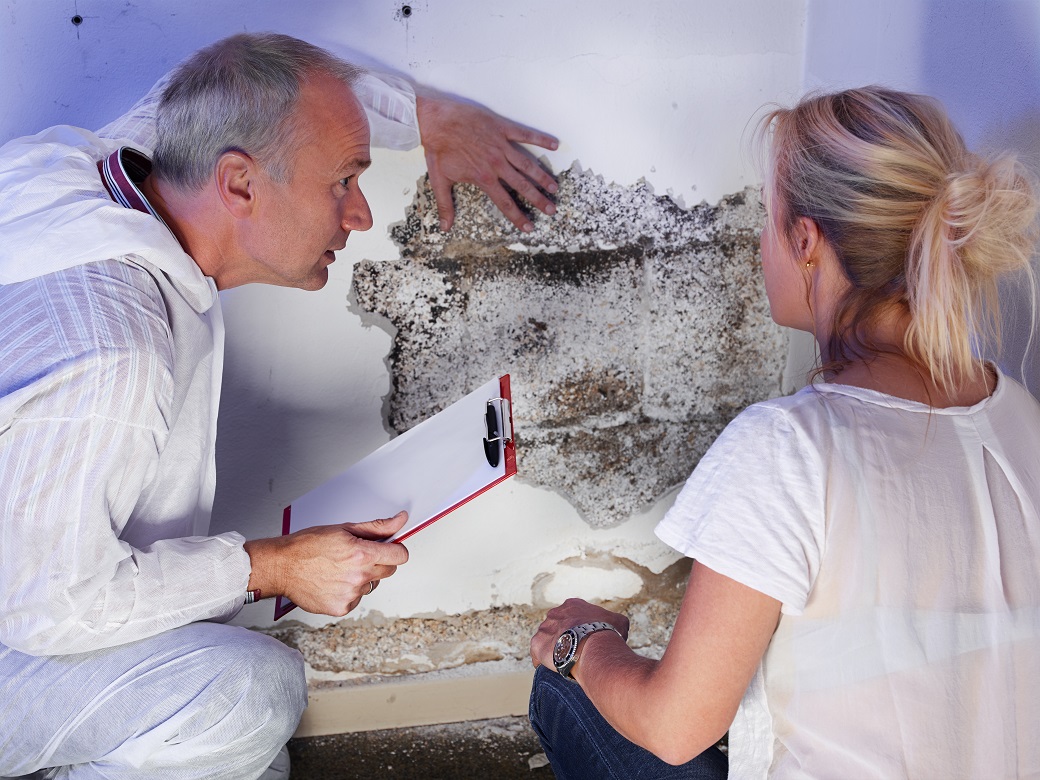
Mold is a common issue that can affect homes and businesses, especially in areas with high humidity. In Plainfield, NJ, residents are increasingly aware of the importance of mold testing to ensure a safe and healthy living environment. Mold testing in Plainfield, NJ, involves a thorough examination of indoor air quality and surfaces to identify the presence of mold spores and other harmful contaminants. This guide will explore the significance of mold testing, the process involved, and how to choose the right service provider.

Understanding Mold and Its Risks
Mold is a type of fungus that thrives in damp, warm environments. It can grow on various surfaces, including wood, drywall, and carpets. While some mold is harmless, others can produce allergens and irritants that pose health risks, particularly to sensitive individuals.
Health Implications of Mold Exposure
Exposure to mold can lead to a range of health issues, including:
- Respiratory Problems: Mold spores can trigger asthma attacks and other respiratory conditions.
- Allergic Reactions: Many people are allergic to mold, experiencing symptoms like sneezing, runny nose, and skin rashes.
- Toxic Reactions: Certain molds, such as black mold, can produce mycotoxins that are harmful when inhaled or ingested.
Signs of Mold Presence
Recognizing the signs of mold is crucial for timely intervention. Common indicators include:
- Visible Mold Growth: Dark spots or patches on walls, ceilings, or floors.
- Musty Odors: A persistent damp smell can indicate hidden mold.
- Water Damage: Leaks or flooding can create ideal conditions for mold growth.
The Importance of Mold Testing
Mold testing is essential for several reasons. It helps identify the type and concentration of mold present, allowing for appropriate remediation measures.
Benefits of Mold Testing
- Health Protection: Identifying mold early can prevent health issues for occupants.
- Property Preservation: Mold can cause structural damage over time; testing helps mitigate this risk.
- Informed Decisions: Accurate testing results enable homeowners to make informed decisions about remediation.
Types of Mold Testing
There are various methods for testing mold, including:
- Air Sampling: Measures the concentration of mold spores in the air.
- Surface Sampling: Involves swabbing surfaces to detect mold presence.
- Bulk Sampling: Collects material from suspected mold-infested areas for laboratory analysis.
The Mold Testing Process
Understanding the mold testing process can help homeowners prepare and know what to expect.
Initial Consultation
The process typically begins with a consultation where the inspector assesses the property for visible signs of mold and discusses any concerns with the homeowner.
Inspection
A thorough inspection involves checking areas prone to moisture, such as basements, attics, and bathrooms. Inspectors may use specialized equipment to detect hidden mold.
Testing
Once potential mold sources are identified, the inspector will conduct tests. This may involve collecting air samples or swabbing surfaces for laboratory analysis.
Reporting
After testing, the inspector provides a detailed report outlining the findings, including the type of mold present and recommended remediation steps.
Choosing a Mold Testing Service in Plainfield, NJ
Selecting the right mold testing service is crucial for accurate results and effective remediation.
Factors to Consider
- Experience and Credentials: Look for companies with certified professionals and a proven track record in mold testing.
- Reputation: Check online reviews and testimonials to gauge customer satisfaction.
- Comprehensive Services: Choose a provider that offers a full range of services, including testing, remediation, and follow-up inspections.
Questions to Ask
Before hiring a mold testing service, consider asking:
- What methods do you use for testing?
- How long will the testing process take?
- Can you provide references from previous clients?
Cost of Mold Testing in Plainfield, NJ
The cost of mold testing can vary based on several factors, including the size of the property and the extent of the inspection.
Average Pricing
- Basic Inspection: Typically ranges from $200 to $500.
- Comprehensive Testing: May cost between $500 and $1,000, depending on the complexity of the situation.
Insurance Considerations
Many homeowners’ insurance policies cover mold testing and remediation. It’s advisable to check with your insurance provider to understand your coverage.
Mold Remediation: Next Steps After Testing
If mold is detected during testing, remediation is necessary to eliminate the problem and prevent future growth.
Understanding Mold Remediation
Mold remediation involves removing mold-infested materials, cleaning affected areas, and implementing measures to prevent recurrence.
Steps in the Remediation Process
- Containment: Isolating the affected area to prevent mold spores from spreading.
- Removal: Disposing of contaminated materials, such as drywall or carpeting.
- Cleaning: Using specialized products to clean surfaces and eliminate mold spores.
- Prevention: Implementing measures to control moisture levels and prevent future mold growth.
DIY Mold Testing vs. Professional Services
While some homeowners may consider DIY mold testing kits, professional services offer several advantages.
Advantages of Professional Testing
- Accuracy: Professionals use advanced equipment and techniques for precise results.
- Expertise: Trained inspectors can identify hidden mold and assess the overall health of indoor air quality.
- Comprehensive Reporting: Professional services provide detailed reports that guide remediation efforts.
When to Consider DIY Testing
DIY testing may be suitable for initial assessments or when visible mold is present. However, for comprehensive evaluations, professional services are recommended.
Maintaining a Mold-Free Environment
After testing and remediation, maintaining a mold-free environment is essential for long-term health and safety.
Tips for Prevention
- Control Humidity: Use dehumidifiers in damp areas to keep humidity levels below 50%.
- Ventilation: Ensure proper ventilation in bathrooms and kitchens to reduce moisture buildup.
- Regular Inspections: Conduct routine inspections to catch potential mold issues early.
Importance of Indoor Air Quality
Maintaining good indoor air quality is vital for overall health. Regular mold testing can help ensure that your home remains a safe haven.
Conclusion
Mold testing in Plainfield, NJ, is a critical step in safeguarding your home and health. By understanding the risks associated with mold, the testing process, and how to choose the right service provider, homeowners can take proactive measures to ensure a safe living environment. Whether you suspect mold growth or want to maintain a healthy home, investing in professional mold testing and remediation services is a wise decision.
For more information about surface sampling for Professional Mold Testing in Plainfield NJ
please contact:
Business Name: Green Guard Mold Remediation Plainfield
Address: 321 E 3rd St, Plainfield, NJ 07060
Phone: 888-793-7963
website: https://greenguardmoldplainfield.com/
